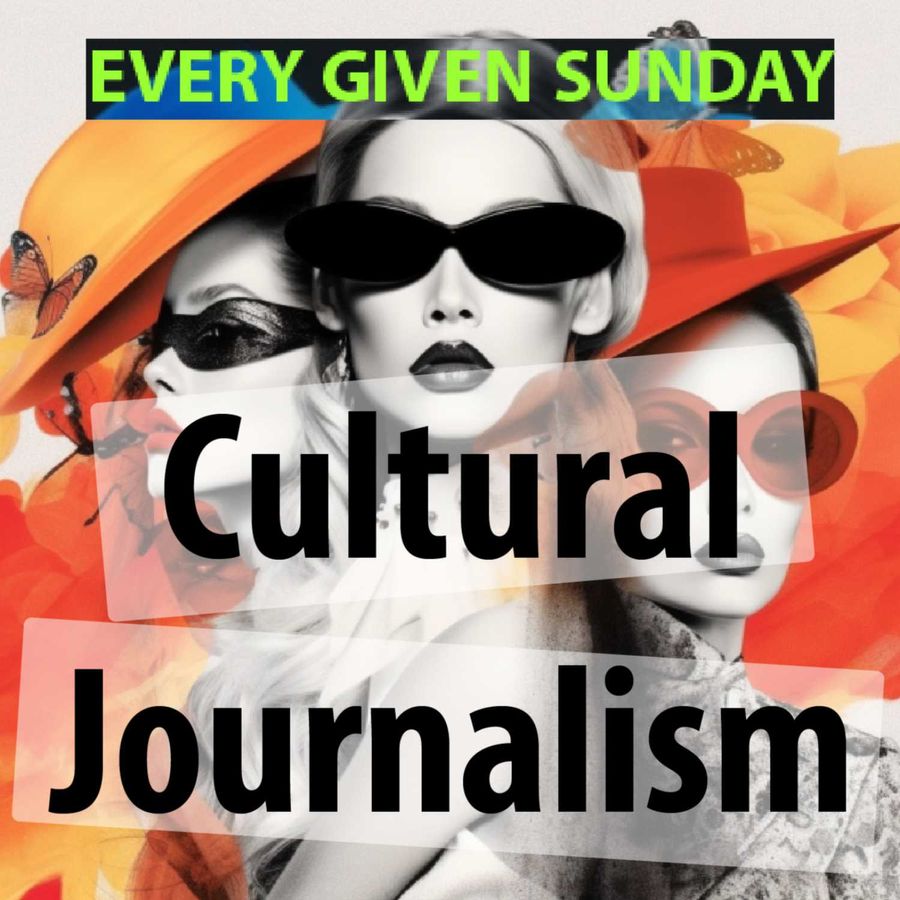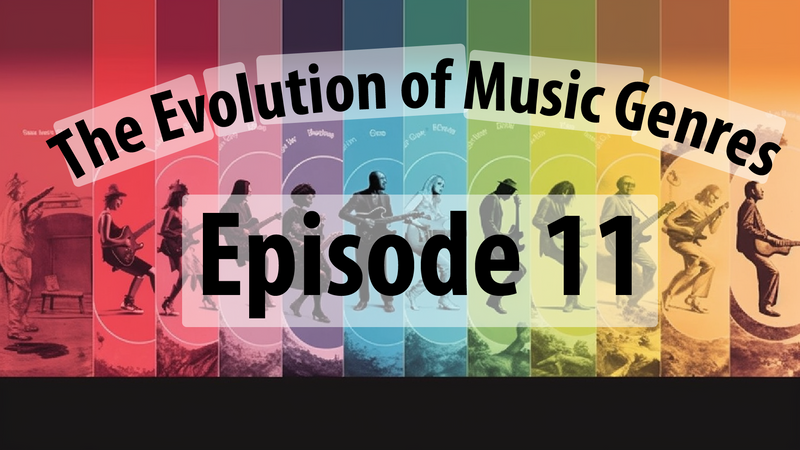The Evolution of Music Genres: An Intellectual Exploration
In the vast ocean of human creativity, few phenomena capture the essence of our cultural evolution as powerfully as music. The intricate tapestry of melodies, rhythms, and harmonies has transformed throughout history, reflecting the ever-changing human experience. Yet, to genuinely understand the evolution of music genres, one must embark on an intellectual journey that challenges conventional wisdom and delves into the depths of historical narratives. In this article, we shall explore the multifaceted nature of music genres, questioning established notions and shedding light on the profound shifts that have shaped our musical landscape.
The Origins: Harmonic Progression and Rhythmic Innovation:
To comprehend the origins of music genres, we must first recognize the primordial human impulse to organize sound into meaningful patterns. From ancient civilizations to tribal cultures, humans have sought to capture the ineffable through sonic expression. As a result, early musical compositions evolved from simple harmonic progressions and rhythmic innovations, often intertwined with cultural rituals and communal experiences. However, it is crucial to dispel the notion that these early forms of music were confined to rudimentary folk tunes. Indeed, the intricacies of these compositions, lost in the mists of time, were likely far more sophisticated than commonly believed.

The Classical Epoch: An Aesthetic Renaissance:
In the annals of music history, the classical epoch emerged as a pinnacle of artistic achievement, challenging the very fabric of the human condition. Composers such as Mozart, Beethoven, and Bach harnessed the power of musical composition to transcend the limitations of their time, crafting symphonies and sonatas that reverberate with profound emotional depth. In addition, this era witnessed the emergence of genres such as the concerto, symphony, and opera, each embracing a distinct sonic architecture reflecting prevailing cultural and philosophical currents.
The Rebellion of Romanticism:
As the world hurtled through the transformative currents of the Industrial Revolution, the musical landscape shifted once more, giving birth to the Romantic era. Composers like Chopin, Liszt, and Wagner shattered the boundaries of conventional musical forms, imbuing their compositions with a heightened sense of emotion and individual expression. The symphonic poem, characterized by its narrative structure and the virtuosic piano etude, exemplified the rebellion against the perceived rigidity of classical traditions. The Romantic period heralded a seismic shift in the relationship between music and the human psyche, affirming that genres, like civilizations, are not immutable.
The Dawn of Modernity: A Fragmented Tapestry:
With the advent of the 20th century, the foundations of music genres were irreversibly shattered, giving birth to a kaleidoscope of artistic expressions. The emergence of jazz, influenced by African-American traditions and European harmonic structures, challenged the preconceived notions of musical boundaries. The syncopated rhythms and improvisatory nature of jazz galvanized the cultural landscape, mirroring the social transformations of the era. Simultaneously, the avant-garde movements, including impressionism and expressionism, sought to deconstruct established tonal systems and embrace dissonance to explore the depths of human experience.
The Cultural Melting Pot: Fusion and Hybridization:
In the postmodern era, the notion of music genres became increasingly elusive, reflecting the interconnectedness of our global society. The fusion of diverse musical traditions, propelled by technological advancements and the democratization of music production, reshaped the sonic panorama. Genres such as world music, electronic dance music, and hip-hop emerged as cultural tapestries woven from myriad influences. These genres defy categorization, defying the boundaries of tradition and facilitating a dialogue between cultures transcending geographical limitations.
Conclusion: Music as a Reflection of the Human Spirit:
In our exploration of the evolution of music genres, we have traversed a historical and intellectual terrain that challenges our preconceptions and illuminates the fluidity of human creativity. The path from ancient harmonic progressions to the global fusion of musical traditions reveals that genres are not stagnant entities but organic expressions of the human spirit. As we continue to push the boundaries of artistic expression, let us remember that music, at its core, is a mirror reflecting the diversity and complexity of the human experience. In this ceaseless evolution, we find solace, inspiration, and a perpetual invitation to explore the uncharted realms of human creativity.


